Being a cop is a noble career choice. You’ll face disrespect, resentment, disdain, and unfortunately, danger. As a police officer on patrol, you never know what you’re going to experience on any given shift. However, good training and the proper gear go a long way towards keeping you safe and ahead of the curve on the street.
While your standard-issue gear is pretty black and white (as is your uniform), you can choose to carry some extra essentials in your police patrol bag. What you store in your bag can make your life easier, cleaner, and safer.
Keep reading for seven of our top suggestions.
Police Patrol Bag Essentials
Your police patrol bag should serve as a type of law enforcement bugout bag. While you won’t be using it to “bugout,” it will hold essential items to serve you both in day to day operations and in emergencies.
1. Hand Sanitizer and Baby Wipes
If you’ve been in the field for very long, you know how messy things can get. However, we’re not just talking about interesting situations. Things can literally get dirty and gross.
We recommend carrying hand sanitizer for cleaning your hands if you’re handling dirty objects, people, etc. While you should typically put on protective gloves, not all situations allow you the opportunity to don them before engaging.
It’s also a good idea to put baby wipes in your police patrol bag. They are perfect for wiping off mud, dirt, blood, spit, or any other undesired material from your person, vehicles, gear, etc.
2. Extra Personal Gear
Another important use for your police patrol bag is storing backup essentials. For example, you should probably carry an extra set of duty gloves. If your primary gloves are ripped, burned, torn, or soiled beyond immediate remediation, you’ll want a second pair.
You may also choose to carry a backup flashlight and/or extra batteries. The last thing you want on a night shift is a flashlight that doesn’t work.
We also recommend keeping an extra notebook and pen. An on-duty officer must have a way to take notes for potential crime scenes, altercations, and accidents.
3. Backup Portable Radios
On duty, you generally have two main sources of communication – the radio in your vehicle and the radio on your person. However, if your primary radio fails, you can’t afford to be out of communication with dispatch or your fellow officers.
We recommend keeping a backup portable radio in your police patrol bag. If your primary radio fails, gets lost, broken, or runs out of battery, you’ll be covered.
4. Extra Food and Water
When you’re out on patrol, you never know how the day or night is going to unfold. For all you know, it may be a slow shift and you’ll spend most of your time being bored.
However, on other shifts, you might be so busy you barely have time to eat. You may not have time to stop somewhere and get food or go back to the station. That’s why it’s incredibly important to pack extra food and water in your police patrol bag.
A lot of what you do in the field requires strength and stamina. You won’t be able to perform if you’re shaky from having low blood sugar because you didn’t eat all shift. We suggest packing a few extra bottles of water and some high-calories convenient foods (trail mix, meal replacement/protein bars, jerky, peanut butter, and jelly sandwich).
Just remember to bring plenty of foods with carbohydrates, which are your body’s main fuel source and vital for performance.
5. Camera
Next, while responding to a crime scene, vehicle accident, or other scenarios that require cataloging evidence, you’ll want to make sure you have a means of taking photos. While your smartphone is quite capable of taking pictures, it’s can become questionable in court, as it’s a personal device.
We recommend keeping a digital camera in your police patrol bag at all times, should you need to take photos after responding to a call. Make sure you keep it in a protective case and keep at least two batteries fully charged.
6. Binoculars
Depending on the situation, there may come a time on patrol where you need to keep an eye out without being noticed. Unfortunately, standard-issue patrol cars are a dead giveaway to most criminals that they’re being watched. Most criminals will not go about business as usual if they know the police are around.
Using binoculars to watch suspects or a location can be a great way to keep your distance without losing track of what’s going on. They’re also good for getting a clear read on license plates that are too far away to make out. Keep them in your police patrol bag in a case or at least with the lenses covered.
7. Multitool
Another important item to carry in your police patrol bag or on your belt is a multitool. Multitools all have the same basic instruments – knife blade, flathead screwdriver, Phillips-head screwdriver, mini-saw, scissors, and pliers.
The knife and wire-cutter are great if you need to cut a rope, tape, wires, or anything else in your way. During your line of duty, you’ll probably find a use for every instrument on your multitool, which is basically a mini-toolbox on your belt.
However, you may also want to carry a tactical pocket knife, which can be deployed faster than the knife blade on a multitool. It will also be longer and stronger, which may be important depending on what the situation calls for.
Looking for More Great Advice?
If you want more great advice about some of the best communication gear you can put in your police patrol bag, be sure to check out the rest of our articles before you go. Also, feel free to contact us for all your communication equipment needs. Stay safe out there!
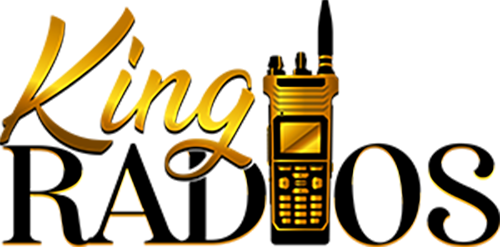
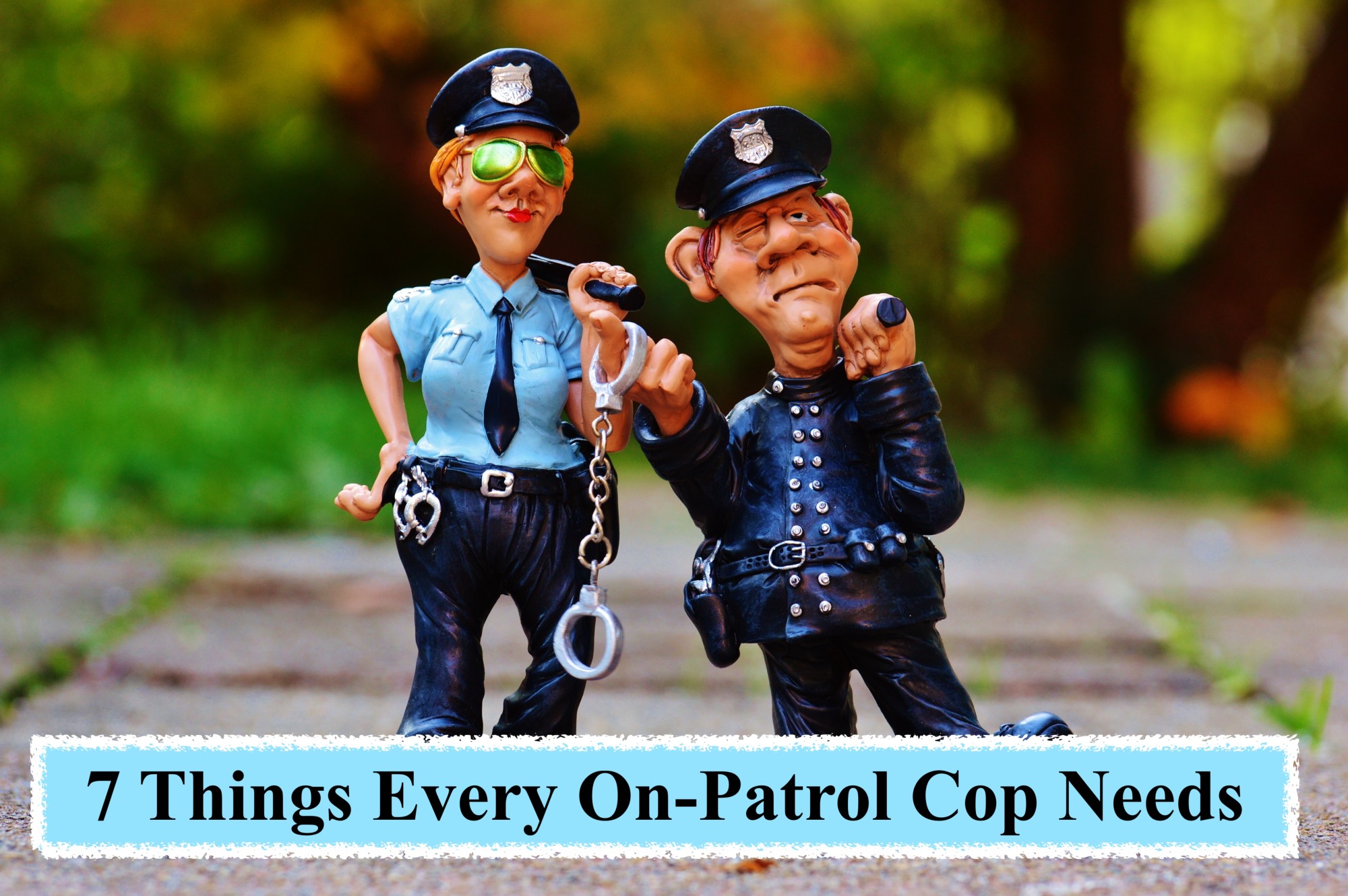
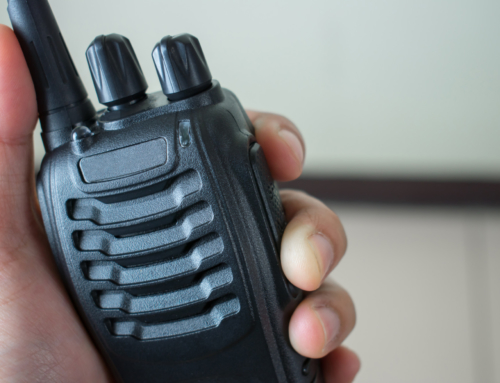
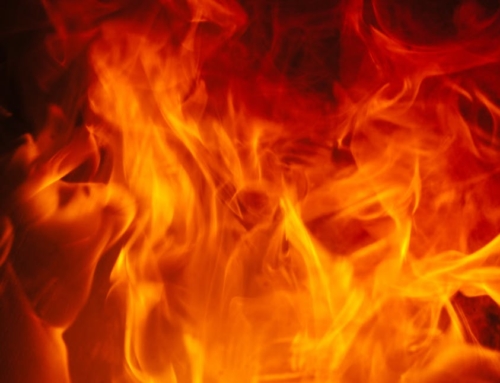
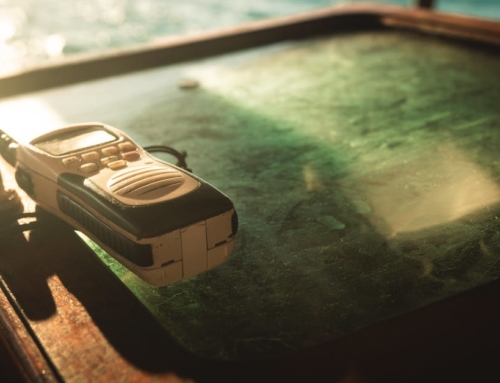
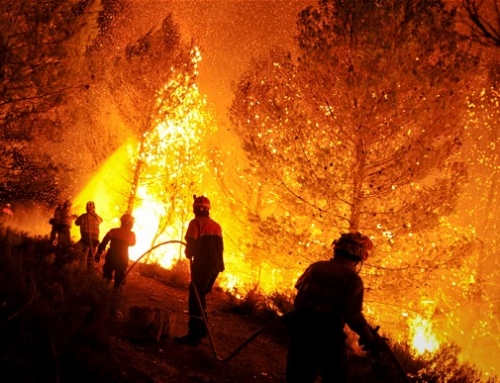
Leave A Comment
You must be logged in to post a comment.